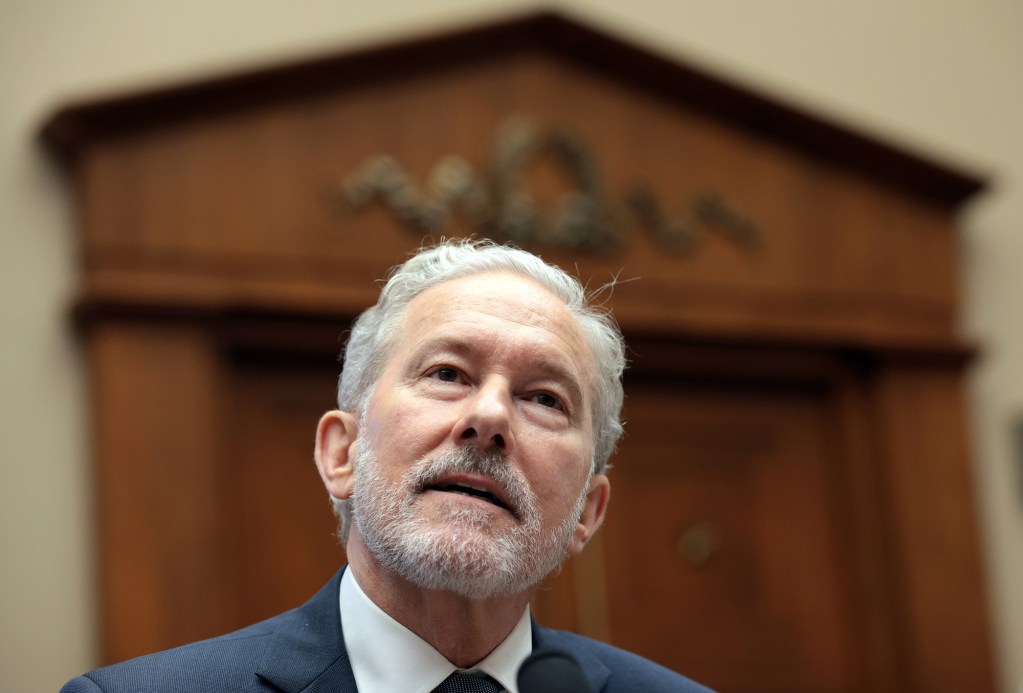
In a significant moment during a hearing on July 15, 2023, university leaders from prominent institutions unequivocally declared anti-Zionism to be a form of antisemitism. This statement came in testimony to the House Committee on Education & Workforce, where UC Berkeley Chancellor Rich Lyons, City University of New York Chancellor Félix V. Matos Rodríguez, and Georgetown interim President Robert M. Groves responded to a direct question from Representative Burgess Owens of Utah. When asked if denying Jewish people their right to self-determination constitutes antisemitism, all three leaders answered with a firm “Yes.”
The clarity with which these officials addressed the issue has been regarded as both timely and necessary. For years, discussions surrounding antisemitism on college campuses have been mired in complex debates over the distinction between anti-Zionism and antisemitism. The leaders’ statements represent a pivotal shift in acknowledging the serious implications of anti-Zionism, which fundamentally denies Jewish people the same rights afforded to other nations and ethnic groups.
The context for this testimony is rooted in a growing concern about antisemitism, particularly in the wake of anti-Israel protests where certain slogans have been interpreted as hostile towards Jewish identity. Chants such as “From the river to the sea, Palestine shall be free!” have sparked heated discussions, with some insisting that these expressions are not antisemitic but merely anti-Zionist. This perspective, however, fails to recognize that anti-Zionism, at its core, targets the Jewish state for elimination, setting it apart from other nations and ethnicities.
The leaders’ assertion aligns with a broader understanding of antisemitism as a form of bigotry that has been increasingly overlooked in discussions about social justice and equality. This recognition is essential for the safety and dignity of Jewish students, particularly in academic environments where they have reported feeling marginalized for their support of Israel.
In a notable legal development, a federal district court had previously issued a preliminary injunction stating that the University of California, Los Angeles (UCLA) could not permit anti-Israel activists to exclude Jewish students based on their beliefs. This ruling underscored the importance of protecting the rights of all students to express their identities without fear of discrimination.
The principles of Zionism, which advocate for Israel’s right to exist as a Jewish state, have deep historical roots within Judaism. Aspects of this belief are reflected in daily practices, such as prayers and cultural rituals. While some may argue that contemporary expressions of Zionism have been co-opted for exclusionary purposes, the fundamental belief in Jewish self-determination remains unchanged.
Recognizing anti-Zionism as a manifestation of antisemitism is considered a crucial step in combating the discrimination faced by Jewish students. Such recognition can redirect campus discussions towards more productive dialogues about Israel’s policies and actions, rather than devolving into polarizing debates over Israel’s right to exist.
As discussions evolve, it may be beneficial to reconsider the use of the terms “Zionism” and “anti-Zionism” in contemporary discourse. The term “Zionism” describes a movement that has established Israel nearly 80 years ago. By framing anti-Zionism as a challenge to Israel’s legitimacy, it perpetuates a narrative that undermines the established status of the nation among the international community.
The statements made by the university leaders represent a significant development in addressing antisemitism on campuses. Their clarity helps to elevate the conversation around conflicts involving Israel and Palestine, promoting a focus on constructive debate rather than divisive rhetoric. As these discussions continue, the emphasis on mutual respect and understanding will be essential for fostering an inclusive academic environment.







